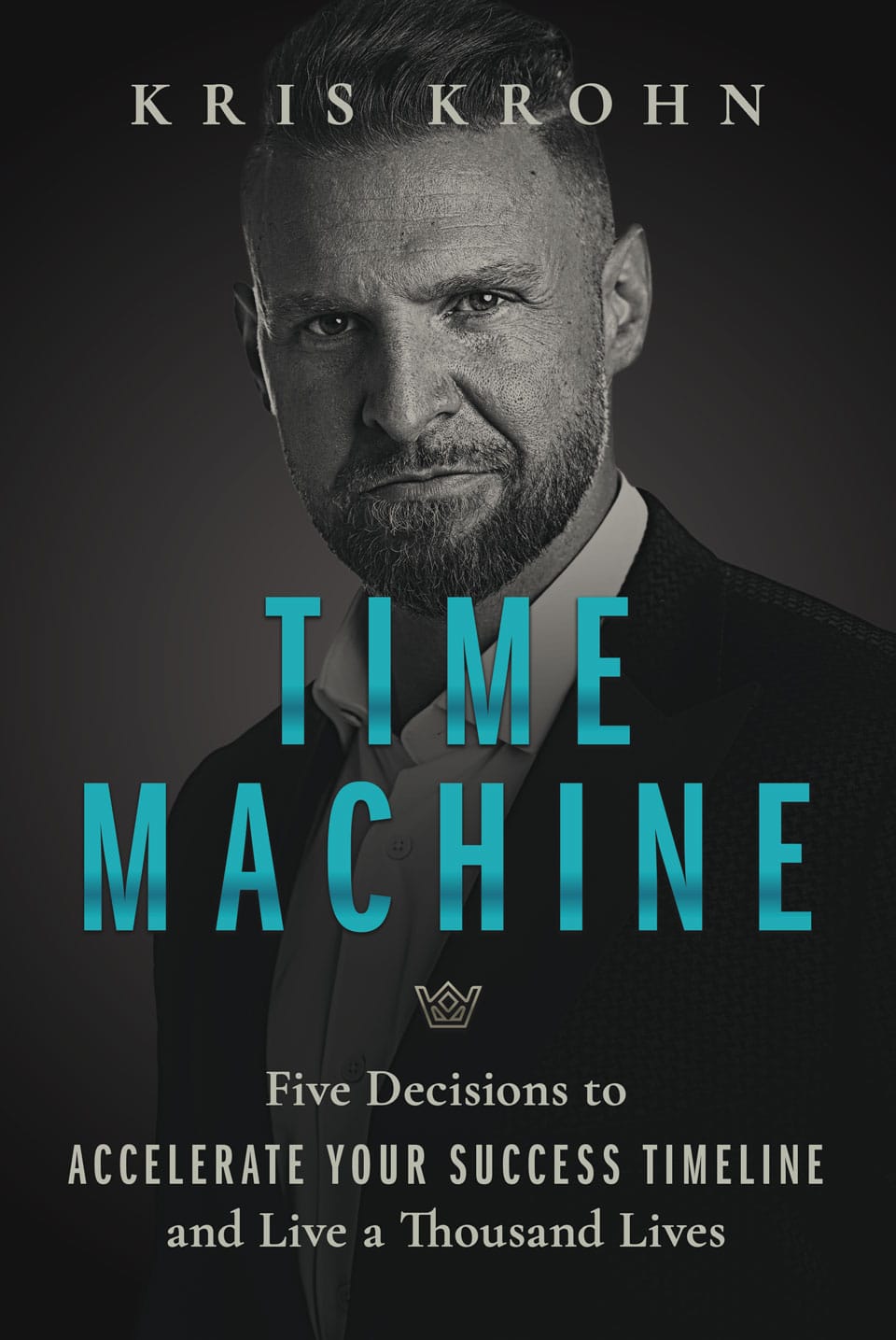Through Extraterrestrial Eyes: What Aliens Teach Us About Time and Money

An alien race has secretly descended upon Earth—not to converse or conquer, but to fulfill a simple mission: observe. Armed with hidden cameras, these space voyeurs spend a year watching our comings and goings. They aren’t looking to steal our tech or abduct our greatest minds. They’re here to find the answer to one deceptively simple question:
“Which do humans value more: time or money?”
These observers document as they watch the hustle and grind of our daily lives. The patterns are startlingly similar, from the tireless streets of New York City to the tiny villages in the remotest parts of the globe.
Humans are caught in an endless pursuit so engrossing that it overshadows the essence of our very existence.
And what would our objective spectators conclude from their 365 days of surveillance? The answer is not one we readily admit but is nonetheless crystal clear:
We value money far more than we value time.
So, the real question is, why does this conclusion (though hardly surprising) unsettle us or, at the very least, make us scramble to justify our decisions or sprinkle in some context?
To answer, let’s consider the human invention that dominates our lives. In the grand scheme of life, money has taken center stage—which means we’ve relegated time to the sidelines, where it’s granted lip service but rarely appreciated.
Our alien observers would see us toiling away the best years of our lives in jobs that drain our souls and push our dreams to the back burner. They would see us sacrificing precious moments with friends and family and missing the fulfillment milestones that make life meaningful. And for what? For the pursuit of a currency that holds no actual value on our deathbeds.
In the eyes of our alien guests, this human paradox is baffling. Why would a species capable of such deep emotions, profound creativity, and unlimited potential squander their finite and most precious commodity for something as fleeting as money?
Yes, money is necessary. And, of course, we know there is an undeniable “time value of money” correlation. But somewhere along the way, we’ve come to view “grind harder” as the ONE AND ONLY path to success.
Then we hear, “Work hard, play hard,” and assume a few people must have it figured out. There must exist a faction of people who outsmarted the system and figured out how to do it all and have it all.
My experience with the wealthy suggests otherwise. Show me more than a handful of self-made millionaires (those who weren’t handed their fortune but earned it) who have all the time in the world to do what they want and still make an incredible living.
Please, show me. I’ll wait.
Even the world’s richest man is not in control of his time. Elon Musk is not quiet about his grueling work schedule. He works 365 days a year, famously working up to 120-hour workweeks. He’s even slept on his factory floors after 20-hour workdays.
I’m not criticizing Elon Musk.
I’m simply pointing out a glitch somewhere in the Matrix.
How is it that we live in a culture where “hack” is such a popular word, but no one has been able to “hack” their way into a more joyful, infinitely more meaningful existence?
The problem lies in the way we make decisions. We’ve allowed money to dictate the nearly countless choices we have every day—the yes or no decisions that comprise life itself.
Money is often the only consideration we give when saying yes or no to any choice that requires some of our time.
How did it come to this? I blame math. Or, more accurately, a fundamental misunderstanding of it. You may remember from school that when doing a math word problem, the word “is” means “equals.” So, when you say, “time is money,” that means, in simple math, Time = Money.
So there’s the problem! We are comparing two things that are not comparable. “Time is money” is a fallacy because, unlike money, time is finite and continually depleting. This fallacy has given us an inferior decision-making system for spending our finite time allotment.
Think about it this way: Every person on Earth has access to the same bucket of 1,440 minutes each day. But our buckets have holes, and when those minutes leak out, they can never be returned.
Therefore, time and money are not equal, nor are we dealing with an apples-to-apples comparison. Here is the real truth:
Time is the most precious commodity, meaning that “time mastery” should be the goal, not money mastery.
So, what can we do? Is there any way to go against the grain and do what society says can’t be done? Is it possible to live A THOUSAND LIVES in the one life we’ve been given and become masters of our time?
The simple answer is yes. But it requires us to recognize that time functions differently from money. We must also accept that “time vs. money” is not the only consideration but one of FIVE necessary considerations.
To free ourselves from society’s excruciatingly slow timeline, we need new standards for measuring the value of time. That is how we graduate from using the static time-or-money valuation model to valuing time in exciting new ways.
Don’t stop at monetary considerations when it comes to saying yes or no. What about logic? What about joy and energy? What does our intuition say? When combined, these five elements—money, logic, joy, energy, and intuition—produce the correct answers to every decision we face and accelerate the success timeline like a real-life Time Machine.
When you factor in all five considerations, you discover the path to living a thousand lives.
Boundless experiences await each of us within a single lifespan once we discover how to become masters of our time.
With time mastery comes an infinitely more prosperous and meaningful existence, which leads to growth, fulfillment, and a life brimming with joy.
The time to switch to a superior valuation system is now. We must redefine our approach to using our finite bucket minutes, focusing on the essential question that should guide our lives: “What is the highest and best use of my time?”
If an alien race were watching us from the shadows, they would be surveying a species caught up in the throes of materialism, often at the cost of what really matters. Let’s not wait for extraterrestrials to remind us of what we already know. We must stop wasting our finite time allotment on decisions that don’t meet the most superior criteria for time valuation.

Written by Kris Krohn.
Have you read?
Ranked: The most and least expensive US states to retire in 2024.
The Most (And Least) US States For A Family Of Four, 2024.
The Most (And Least) Costly US States For Single Workers, 2024.
These Are The 100 Best U.S. Cities for First-Time Homebuyers for 2024.
American News Brands For CEOs: Top 20 news websites in the United States for 2024.
Bring the best of the CEOWORLD magazine's global journalism to audiences in the United States and around the world. - Add CEOWORLD magazine to your Google News feed.
Follow CEOWORLD magazine headlines on: Google News, LinkedIn, Twitter, and Facebook.
Copyright 2025 The CEOWORLD magazine. All rights reserved. This material (and any extract from it) must not be copied, redistributed or placed on any website, without CEOWORLD magazine' prior written consent. For media queries, please contact: info@ceoworld.biz








